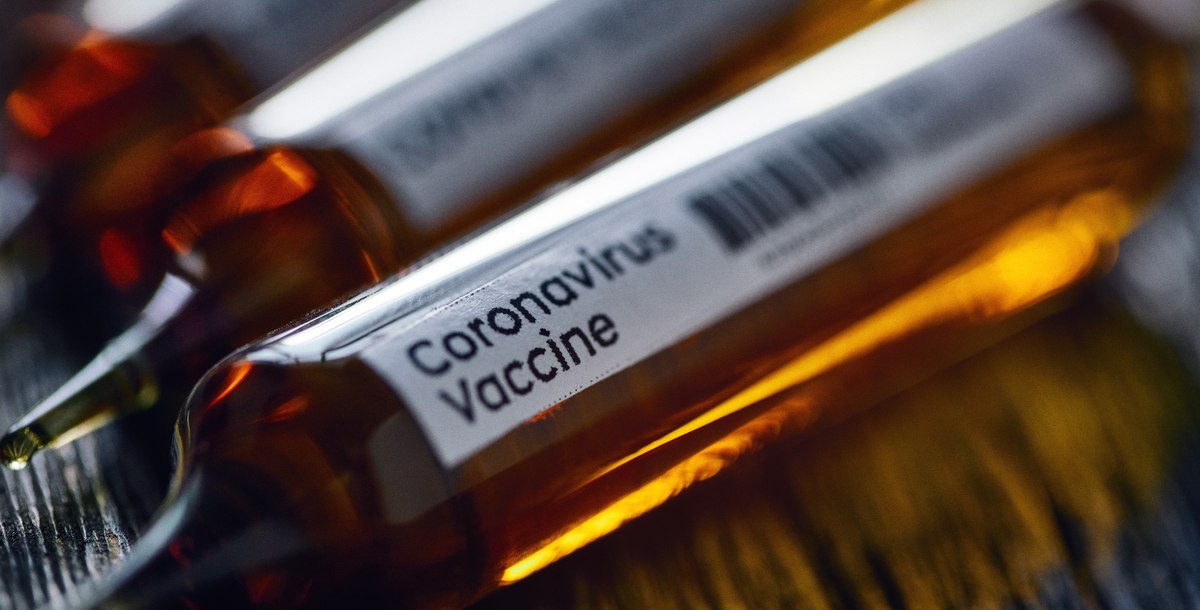
Three-fourths of Americans don’t believe Russia’s vaccine is safe or effective
Last week, Russian President Vladimir Putin announced that the country had registered the world’s first coronavirus vaccine. Putin claims his daughter was safely given the vaccine. Since the announcement, the Kremlin has released a video of the COVID-19 vaccine production process — but Americans and scientists are wary.
In the latest Economist/YouGov Poll, three fourths of Americans (75%) don’t believe Russia’s vaccine is safe or effective. The data shows 17 percent of Americans believe Russia has not developed a vaccine at all. In contrast, very few Americans (7%) say Russia has developed a safe and effective vaccine to combat coronavirus.
Distrust in the safety or effectiveness of Russia’s COVID-19 vaccine rises with education level. While 73 percent of Americans with some or no college background say the vaccine has not been proven to be safe or effective, about four in five (79%) college graduates, and 83 percent of Americans with a postgraduate education, agree.
Americans over the age of 65 are the most likely age group to say they believe Russia has developed a vaccine, but it has not yet been proven to be safe or effective. About four in five (83%) Americans over 55 say the vaccine has not been proven safe or effective, compared to 69 percent of 18-to 29-year-olds, 67 percent of 30-to 44-year-olds, and 80 percent of Americans between the ages of 45 and 64.
Distrust in the safety or effectiveness of Russia’s coronavirus vaccine remains the same among supporters or President Donald Trump and Democratic presidential nominee Joe Biden (79% vs. 80%), and among Democrats (78%), Independents (74%), and Republicans (73%). Republicans (20%) are more likely than Independents (17%), and Democrats (16%) to say they believe Russia has not developed a vaccine.
See the toplines and crosstabs from this week’s Economist/YouGov Poll
Methodology: The latest Economist survey was conducted by YouGov using a nationally representative sample of 1,500 US registered voters interviewed online between August 16 – 18, 2020. The sample was weighted according to gender, age, race, and education based on the American Community Survey, conducted by the US Bureau of the Census, as well as 2016 Presidential vote, registration status, geographic region, and news interest. Respondents were selected from YouGov’s opt-in panel to be representative of all US citizens. The margin of error is approximately 3.4% for the overall sample.
Image: Getty